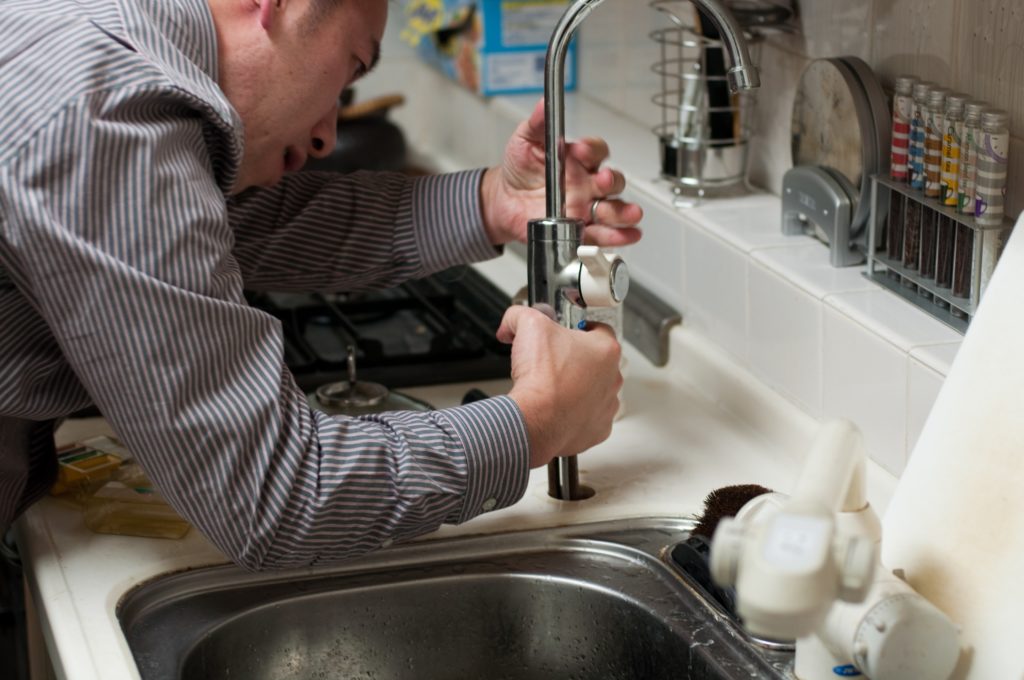A cross-industry working group is calling for mandatory targets to cut individual water consumption at home from 110 litres a day to 105 by 2025 – a 16 per cent drop.
The Future Homes Hub’s Water Ready report wants the government to draft a ten-year water efficiency roadmap with targets enshrined in building regulations for 2025, 2030 and 2035.
Hub chair and Barratt Developments chief executive David Thomas said: “We are already seeing the pressures on water supply affect the delivery of new homes.
“Industry needs to work with government and other partners to develop and deliver a national strategy for managing our water resources succssfully, to ensure we can build the water efficient homes required to meet housing need into the future.”
Last December housing and levelling up secretary Michael Gove asked planning authorities where water is scarce to impose tighter limits than the standard 110 litres per person per day.
Cambridgeshire, an area where major housebuilding is planned, North Sussex and East Anglia are areas identified as suffering from water stress.
The Environment Agency’s water assessment last month showed that without action to reduce consumption, there will be a shortfall of around five billion litres of water by 2050.
Future Homes Hub chief executive Ed Lockhart said: “Alongside the major investment in infrastructure required from the water sector, we must all find ways to use water more efficiently so there is enough water for our homes, food, drinking water, indstry and so on.”
Innovative products offer the way forward
Water Ready sets out actions on how to achieve 90 litres per person per day consumption in new homes as standard by 2035 and 80 litres per day n water-stressed areas.
The report proposes a ‘fittings first’ approach with air-boosted showers, grey water systems – using wastewater from laundry sinks and showers – and air-assisted flushing loos.
The Hub wants the government to confirm future targets early to give the sector time to prepare and adjust including manufacturers of showers and toilets who would need time to scale up.
Apart from areas where water is scarce, the Hub has said it would be important for the targets to be adhered to with local authorities unable to set different levels.
Brokers Hank Zarihs Associates said development finance lenders supported the move for new homes to reduce water consumption but it would be important for clarity over requirements.
The Future Homes Hub is made up of housebuilders, water companies, academics, and trade bodies. The department of environment, food and rural affairs commissioned them to set up a working party, including the wider industry and suppliers, to come up with a water efficiency blueprint.

